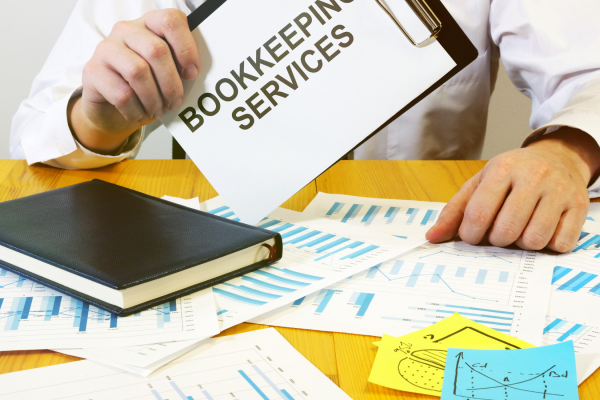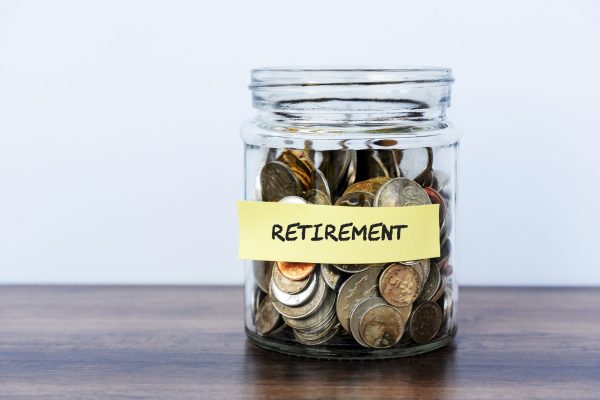When it comes to investing, time really is money. Unless you are a gambling with high risk investments, investing is a patient waiting game.
If you ask any experienced investor or a 70 year old retiree what they regret, the most common answer would likely be that they didn’t start investing earlier. That and not investing in Bitcoin back in 2016.
Investing at a young age is crucial. It is an opportunity to take advantage of the abundance of time you have. It can also be a great life lesson, teaching you the value of saving and money itself, as well as giving you more focused goals.
The only problem is that investing as a beginner is the most difficult. There are so many options out there. You still don’t understand when reward may outweigh the risks, and how to mitigate risk altogether.
This article will outline 5 ways a young person can get started on the right track towards securing their financially secure future.
- First thing’s first, start saving. Learning how to save is the backbone that underpins investing. How else are you going to raise the funds to invest?
A way to get better at saving is to put a fixed percentage of your income in a separate savings account. This will be your savings’ rate (as a percentage). You can set a higher target, read blogs and see how high others have gotten their savings’ rate.
Also Read: 5 things every new real estate investor should know
This savings account will give you a small return on your money, but it will be compounded from early on – meaning your interest income will also produce interest income, and so on. Compound power comes from time, which you have plenty of!
Perhaps most importantly though, this will now be your investment pool so you don’t accidentally invest next month’s rent money.
- Invest in your employment pension and investment plan.
The UK recently introduced automatic enrolment, meaning everyone is opted into their company pension when they start a job, unless they opt out (why would anyone do that?).
Not every country has this, though. Plus, this will not include other workplace investment plans, even in the UK.
For the most part (such as 401Ks), the investment earnings from such plans are not taxable. Tax efficiency from investments is much overlooked by beginners, but across (net) lifetime earnings, it is actually a huge potential benefit to consider.
Investing in a retirement plan is also a seperate but necessary step of investing. Annuity payments last until you die. This is a unique opportunity to secure your income for every day of your life upon retirement age.
- Now it’s time to consider investments with higher returns, like crowdfunding. Crowdfunding sounds a little more complex for young investors, but it doesn’t have to be.
Crowdfunding is kind of like democratised, open-source investing. It is a way for investors to get together on platforms like Crowdestor and take on a project much bigger than they could do on their own.
Crowdfunding real estate is particularly lucrative, and usually for a good level of risk. Individual investments in real estate have been drying up because of how many people are doing it these days. Crowdfunded investments tend to be more difficult and unique projects, making them more lucrative.
Of course, the biggest benefit is that many young investors can’t afford to buy a home. Crowdfunding requires much less of a minimum investment. It is also much easier. You don’t have to be a landlord – a professional takes care of all that.
Compared to traditional real estate it is: less administration, fewer fees, less management, more affordable… And stronger returns (often over 12%).
- If you don’t have an appetite for risk, then government bonds will be essentially risk-free.
This may already be known, but is it is worth reinforcing this advice to new investors. Knowing where to put some of your money that is minimal risk is important to know.
This particularly applies to the many youngsters who often find themselves having just inherited a large amount of money and don’t know what to do with it. Going out using it all on crowdfunded real estate would be ill-advised when it is your first significant investment.
Low yield bonds are a safe place for the money until you have learnt about more sophisticated investments. Additionally, it is not like all of your money has to go here – but investments should be split up, which is explained below.
- Create a portfolio and diversify it!
Ultimately, a core part of investing is diversification – reducing your risk of losing money by spreading your money across many different investments.
The logic is, the more separate investments there are, the less likely they all will fail at once. If Unilever shares crash, at least you have your Government bonds – they are reasonably unrelated. Having Goldman Sachs and JP Morgan as your two core investments is not wise – because a banking/debt crisis would crash them both.
Being a beginner investor, you will likely learn about one investment first, and commit to that. The problem is this leaves you completely exposed.
It is sensible to spread your investments across all of the different investments previously mentioned in this article, plus more if you have the time to research them!





